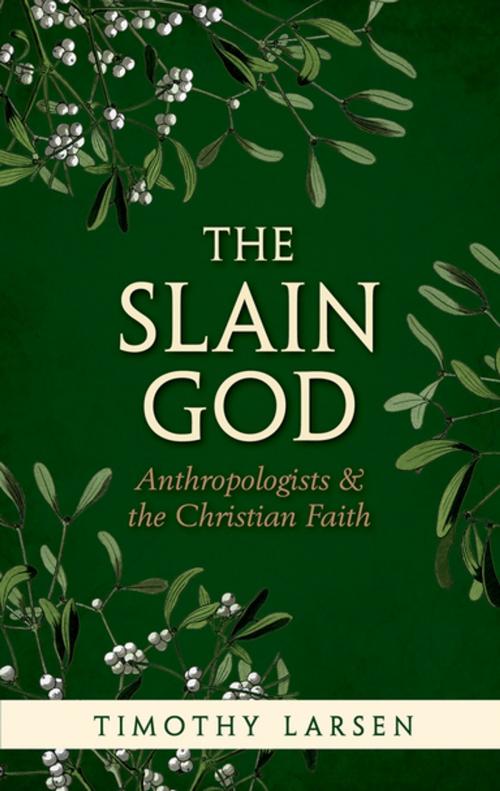The Slain God
Anthropologists and the Christian Faith
Nonfiction, Religion & Spirituality, Reference, History, Social & Cultural Studies, Social Science| Author: | Timothy Larsen | ISBN: | 9780191026560 |
| Publisher: | OUP Oxford | Publication: | August 28, 2014 |
| Imprint: | OUP Oxford | Language: | English |
| Author: | Timothy Larsen |
| ISBN: | 9780191026560 |
| Publisher: | OUP Oxford |
| Publication: | August 28, 2014 |
| Imprint: | OUP Oxford |
| Language: | English |
Throughout its entire history, the discipline of anthropology has been perceived as undermining, or even discrediting, Christian faith. Many of its most prominent theorists have been agnostics who assumed that ethnographic findings and theories had exposed religious beliefs to be untenable. E. B. Tylor, the founder of the discipline in Britain, lost his faith through studying anthropology. James Frazer saw the material that he presented in his highly influential work, The Golden Bough, as demonstrating that Christian thought was based on the erroneous thought patterns of 'savages.' On the other hand, some of the most eminent anthropologists have been Christians, including E. E. Evans-Pritchard, Mary Douglas, Victor Turner, and Edith Turner. Moreover, they openly presented articulate reasons for how their religious convictions cohered with their professional work. Despite being a major site of friction between faith and modern thought, the relationship between anthropology and Christianity has never before been the subject of a book-length study. In this groundbreaking work, Timothy Larsen examines the point where doubt and faith collide with anthropological theory and evidence.
Throughout its entire history, the discipline of anthropology has been perceived as undermining, or even discrediting, Christian faith. Many of its most prominent theorists have been agnostics who assumed that ethnographic findings and theories had exposed religious beliefs to be untenable. E. B. Tylor, the founder of the discipline in Britain, lost his faith through studying anthropology. James Frazer saw the material that he presented in his highly influential work, The Golden Bough, as demonstrating that Christian thought was based on the erroneous thought patterns of 'savages.' On the other hand, some of the most eminent anthropologists have been Christians, including E. E. Evans-Pritchard, Mary Douglas, Victor Turner, and Edith Turner. Moreover, they openly presented articulate reasons for how their religious convictions cohered with their professional work. Despite being a major site of friction between faith and modern thought, the relationship between anthropology and Christianity has never before been the subject of a book-length study. In this groundbreaking work, Timothy Larsen examines the point where doubt and faith collide with anthropological theory and evidence.















